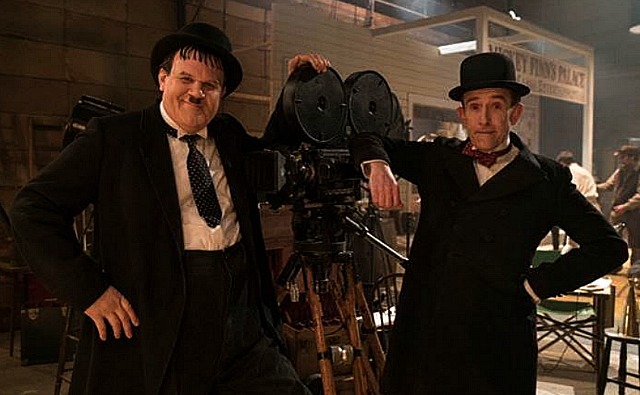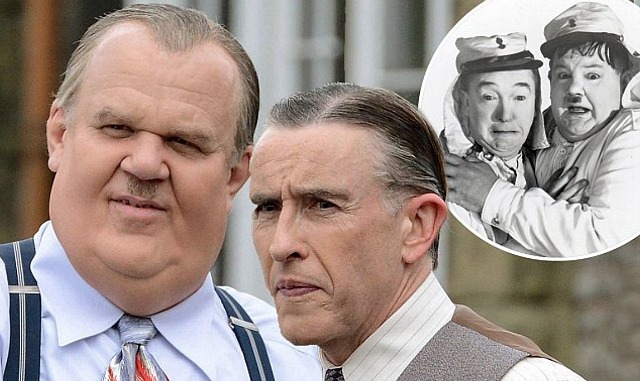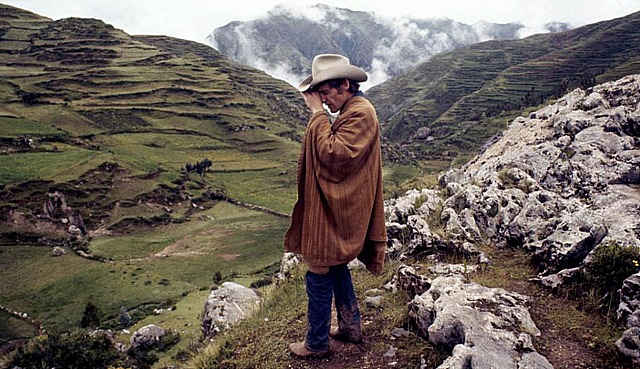Thank God we have TMZ and Indiewire to slap Seth Rogen and Evan Goldberg around when they step out of line on blackface matters and whatnot.
Last night Rogen apologized for the use of blackface on the set of the upcoming comedy Good Boys, which Rogen and Goldberg are producing. The brouhaha started after set photos showed a stand-in for 11-year-old Keith L. Williams wearing makeup to darken his skin color.
“I should start by saying this shouldn’t have happened, and I’m terribly sorry it did,” Rogen said. “I won’t give excuses for why it happened. I’ll just say that as soon I was made aware of it, I ensured we put an end to it — and I give my word that on any project my team and I are involved in, we will take every precaution to make sure something similar does not take place again.”
Both the stand-in and Williams are African-American.
Good Universe, the production company behind Good Boys, told TMZ that the makeup was used to match the stand-in’s lighter skin tone, and that it’s “not uncommon for lighting purposes to match actors’ skin tones.” They used make-up on a stand-in, in other words, to make his skin color match the lead actor’s. It was nothing that would be filmed or used in the film — it was just for reference.
Indiewire‘s Zack Sharf asked three cinematographers about the incident, and were told that the practice of blackface for the sake of darkening shadow was “unorthodox.” How glad are we that Indiewire stepped in before this thing got out of hand…right? Indiewire has a sworn duty, after all, to police filmmakers and how they make their films. We should thank this intrepid news site for having the moxie to step into this situation and straighten these bitches out.







